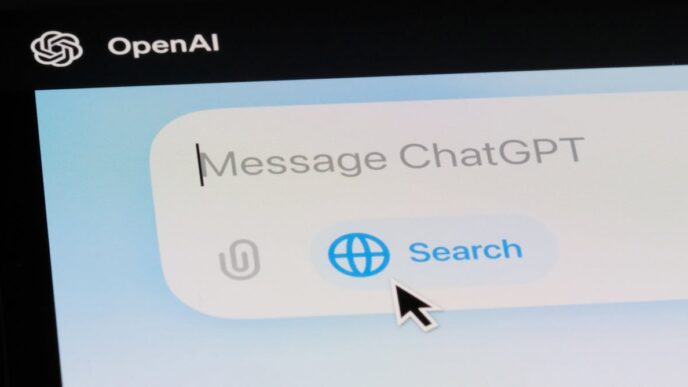ICERAID sparks outrage with crypto rewards for border vigilantes
A new AI-powered platform, ICERAID.us, has launched in the US, paying users cryptocurrency for photos of “suspicious activity” along the Arizona border. It openly recruits civilians to act as unofficial enforcers—uploading monitored images for token payouts.
The site displays a US map, clickable with red and green pins marking crowd-sourced images. Users are urged to contribute. The “Surveillance Guidance” page claims content can be collected legally in public places. The platform’s figurehead is Enrique Tarrio, a far-right Cuban American calling himself the “ICE Raid Czar” and a “staunch defender of American values.”
ICERAID’s launch comes amid escalating border tech surveillance: AI towers, license plate readers, and ML algorithms feeding immigration enforcement. But it takes things further — gamifying surveillance and monetizing suspicion by rewarding civilians to chase alleged crimes.
The timing is tense. Arizona’s already a hotspot for armed vigilante violence targeting migrants. Groups there have detained and even caused deaths. ICERAID offers no oversight or checks on such actions. Instead, it normalizes them online with financial incentives.
The platform even co-opts resistance efforts. Its URL, iceraid.us, is dangerously close to iceraids.us, a grassroots site defending undocumented communities. This confusion appears intentional, aiming to undermine anti-ICE organizing.
A researcher on border surveillance wrote:
"Technology is never neutral. It mirrors and amplifies existing power structures. ICERAID does not offer security – it builds a decentralised surveillance regime in which racialised suspicion is monetised and lives are reduced to data. Recognising and resisting this system is not only necessary to protect people on the move. It is essential to the survival of democracy itself."
Since Donald Trump’s 2024 re-election, border enforcement has ramped up with private firms flourishing and expanded ICE powers. ICERAID plugs civilians into that system, outsourcing surveillance and enforcement while stoking public fear.
The backlash is growing fast on social media and among humanitarian groups. Many warn ICERAID could escalate deadly violence and harm migrant communities.
The platform is live now and actively recruiting. Public officials have yet to respond.














